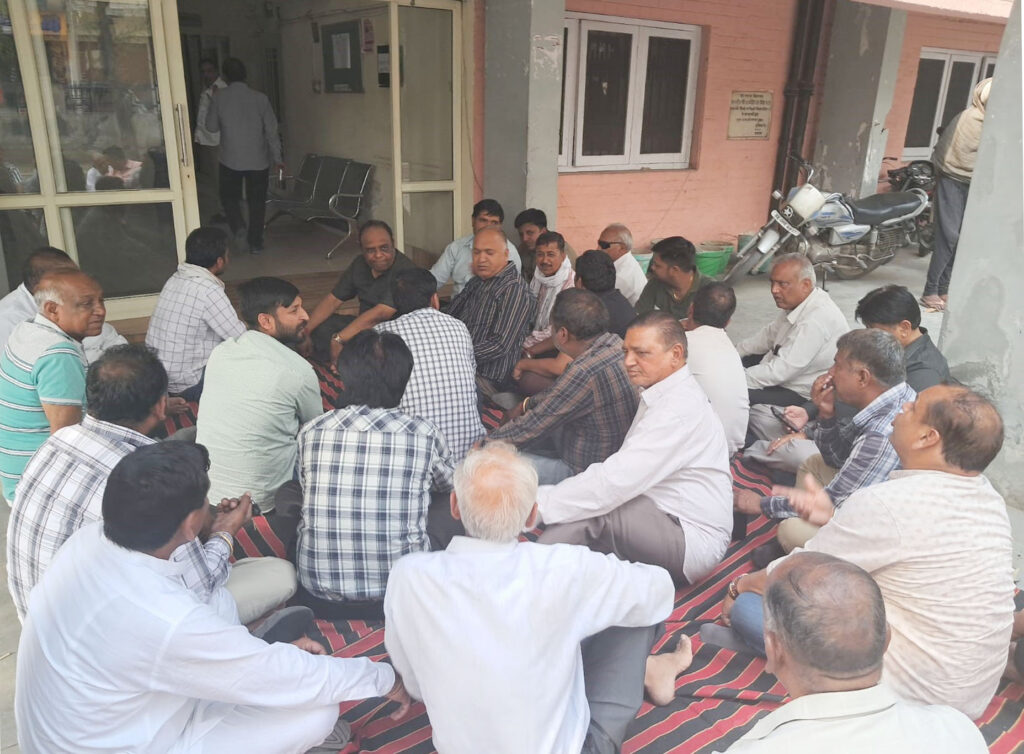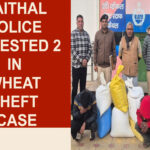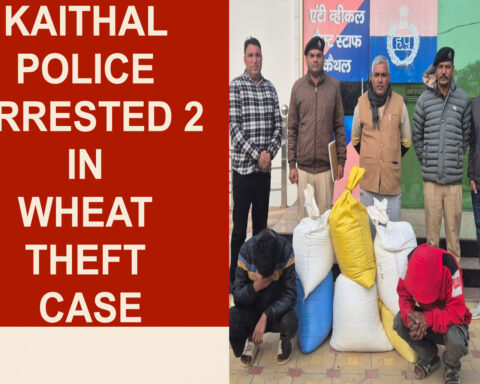Kaithal,– Sub-Divisional Magistrate Capt. Parmesh Singh has urged farmers to manage crop residue effectively and avoid burning it, which not only harms the environment but also poses serious risks to life and property. During the ongoing Rabi season, wheat harvesting is in full swing, and a few farmers resort to burning leftover stubble, damaging soil fertility and public health.
Capt. Singh emphasized that under the directions of Deputy Commissioner Preeti, dedicated teams have been formed at the village, block, and district levels to curb incidents of stubble burning. These teams, comprising government officials, staff, village heads (Sarpanches), and local representatives (Nambardars), have been instructed to stay vigilant and take preventive actions on the ground.
“The public must be made aware of the benefits of crop residue management, which can increase farm income and preserve soil health. Officers and employees must remain in their designated fields and actively monitor for violations,” he said.
There is growing concern among citizens about the environmental and health impacts of stubble burning. Residents have welcomed the administration’s proactive steps and are hopeful that increased awareness and enforcement will lead to positive change. Farmers are also beginning to recognize the long-term benefits of sustainable practices.
Capt. Singh also shared that a total of 9,541 metric tonnes of wheat has been procured in Guhla by various agencies. Key figures include:
- HAFED: 887 MT in Arnauli Mandi and 137 MT in Baupur Mandi
- Cheeka Mandi: 8,266 MT (2,579 MT by the Food & Supplies Dept., and 5,687 MT by HAFED)
- Siwan Mandi: 251 MT
He urged farmers to ensure their produce is thoroughly dried before bringing it to the markets to avoid any inconvenience.


















